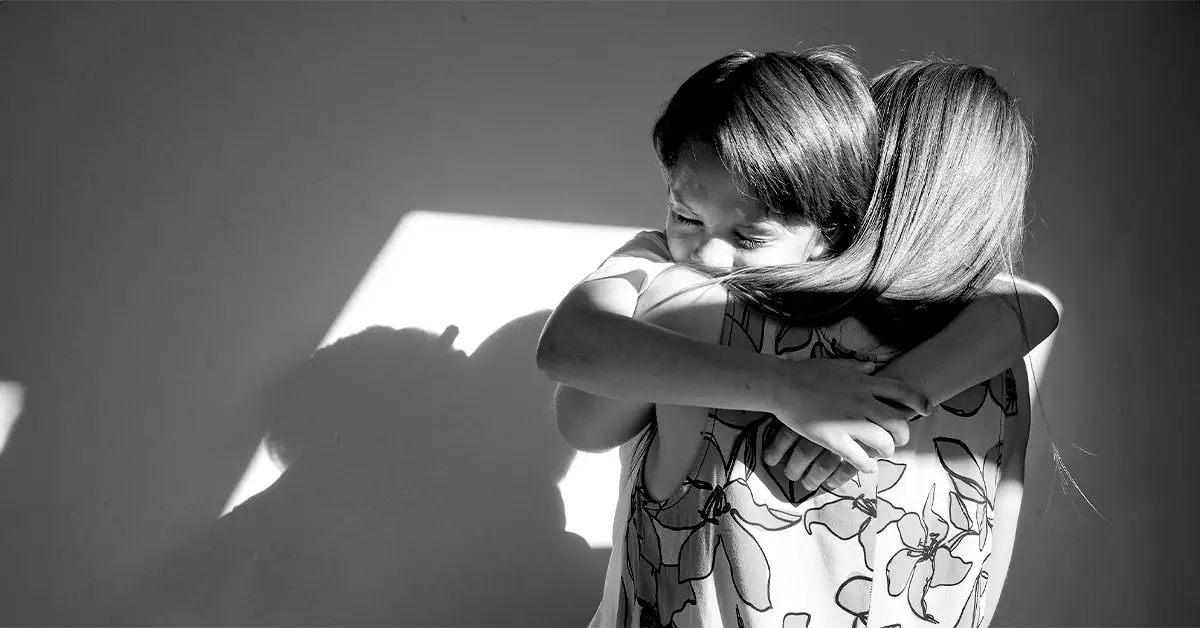Parent-Child Interaction Therapy (PCIT) is an innovative behavioral treatment designed to promote healthier relationships between parents and their children, particularly those aged between 2 and 7 years old. Carving a unique niche in the realm of therapeutic practices, PCIT integrates principles of behavioral psychology and developmental psychology. It offers parents the vital tools to navigate the complexities of childhood behaviors that may stem from various psychological or developmental concerns. Children with learning difficulties or behavioral disorders may exhibit a range of symptoms, including tantrums, anxiety, and avoidance, all of which can be overwhelming for parents seeking effective strategies to support their children.
PCIT recognizes that effective parenting goes beyond discipline and correction; it emphasizes the importance of building a nurturing environment where children feel secure. By learning to engage positively, parents can not only mitigate negative behaviors in their children but also foster an environment ripe for emotional and social development. Thus, PCIT serves as both a therapeutic intervention and a framework for enhancing the parent-child bond.
Unlike traditional forms of play therapy, which often place the therapist in the facilitator’s role, PCIT actively involves parents as primary agents in the therapeutic process. During PCIT sessions, therapists observe parents interacting with their children, providing real-time coaching. This approach allows parents to practice newly acquired skills under professional guidance, ensuring they can implement these strategies effectively in their daily lives. The two-tiered structure of PCIT starts with “Child-Directed Interaction,” where parents learn to adopt a more responsive, less corrective style of engagement. Here, the focus is on reinforcing positive behaviors through praise and engagement, enabling parents to build a connection with their children.
Once parents exhibit mastery of these foundational skills, the therapy transitions into “Parent-Directed Interaction.” In this phase, the emphasis is on managing disruptive behaviors through clear and consistent commands, ultimately guiding the child toward understanding expectations. This two-pronged approach ensures a holistic strategy to fostering both emotional intelligence and discipline in children, reinforcing the idea that teaching boundaries does not have to come at the expense of warmth and acceptance.
Comparative Programs: PCIT vs. PC-CARE
Parent-Child Interaction Therapy is often compared to similar frameworks, such as Parent-Child Care (PC-CARE). While both methodologies share foundational principles regarding positive parent-child interactions, they cater to different needs and prevalence. PC-CARE is notably shorter, comprising six sessions instead of PCIT’s 12 to 20, making it an appealing choice for families facing time constraints or those with children outside of the ideal age bracket for PCIT.
It tends to address more immediate behavioral concerns and is predominantly suitable for families with existing strengths in their relationships or for children with mild to moderate issues. Yet, for families dealing with intricacies such as more severe behavioral disturbances or those needing a more profound intervention, PCIT’s extensive and nuanced approach provides a superior framework for fostering lasting change.
Expected Outcomes and Benefits
The outcomes of PCIT are well-documented by both clinical studies and anecdotal evidence. Parents can anticipate a range of benefits, including notable reductions in tantrum frequency and intensity, diminished hyperactivity, and better compliance with household rules. Moreover, an improved sense of self-esteem and emotional security will help enhance the child’s overall mood and demeanor.
Children who undergo PCIT tend to exhibit improved social skills and pro-social behaviors, such as sharing and taking turns. For parents, the therapy offers not just relief from challenging behaviors but empowers them with skills that enhance their confidence and patience. By adopting the PRIDE qualities—Praise, Reflection, Imitation, Description, and Enjoyment—parents cultivate an environment filled with positive reinforcement, which deepens their emotional connection with their child.
PCIT stands out as a versatile intervention adaptable to various family dynamics and individual needs. Research consistently supports its effectiveness across diverse demographics, including racial and ethnic backgrounds, as well as specific populations such as military families or those in foster care. However, it’s essential to recognize that while many studies exhibit successful outcomes, some limitations do exist within the research, such as sample size variability and follow-up duration.
Ultimately, the success of PCIT lies not only in its structured approach but also in the collaborative spirit it fosters between parents and children. By focusing on relationship-building, PCIT offers a pathway towards achieving mutual understanding, respect, and joyful coexistence—a worthy endeavor for families navigating the complexities of childhood behavior. For parents considering this invaluable therapy, resources for locating certified professionals are readily available through organizations dedicated to PCIT’s promotion and research, paving the way for transformative family dynamics.

